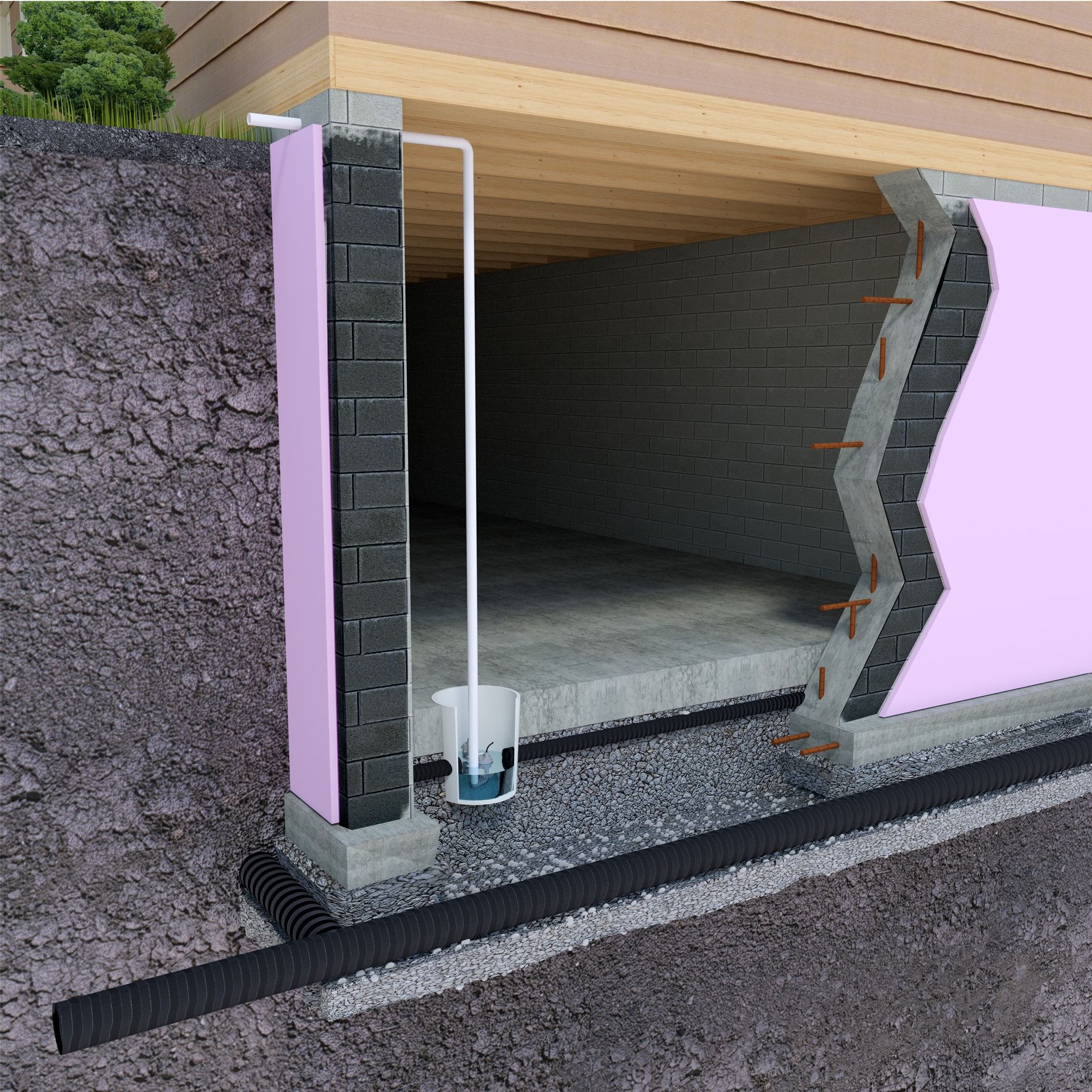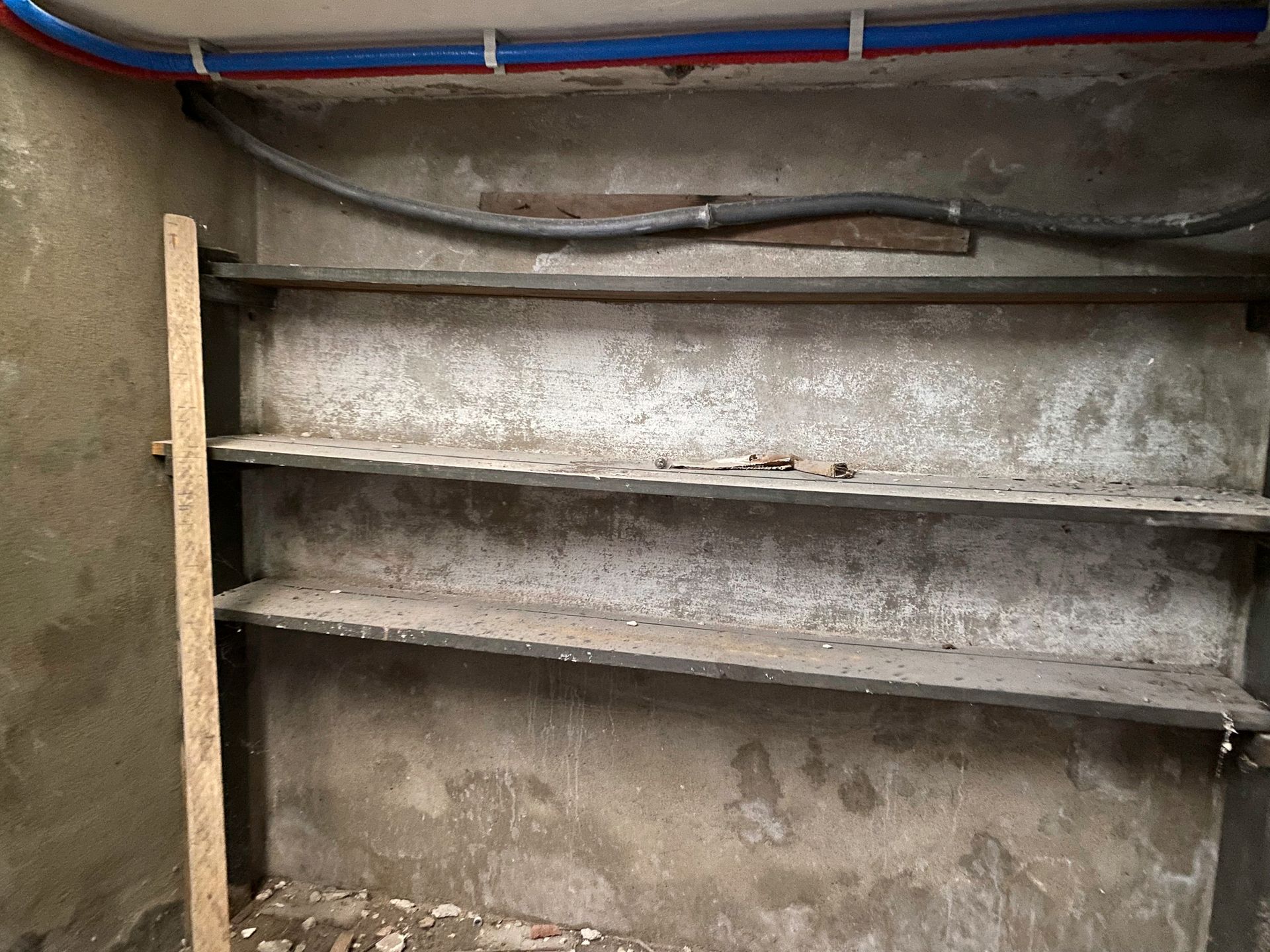What You Need to Know About Home Foundation Repair
Understanding Foundation Issues
What Causes Foundation Cracks?
Foundation cracks are a common headache for homeowners, and understanding what causes them can help you prevent major headaches down the line. One of the primary culprits is soil settlement and shrinkage, which can lead to various types of foundation cracks, such as vertical, horizontal, and diagonal cracks. When the soil beneath your home shifts, it can cause your foundation to settle unevenly, leading to cracks. Foundation crack repair is crucial to address these issues promptly, using methods like epoxy and polyurethane crack injections, as well as carbon fiber strengthening systems. Poor construction practices or the use of low-quality materials can also contribute to foundation issues. If the initial build isn’t up to par, you might find yourself dealing with problems much sooner than expected.
Environmental factors play a significant role in foundation health as well. Freeze-thaw cycles, where water in the soil expands and contracts, can exert pressure on your foundation walls, causing cracks. Hydrostatic pressure from water accumulating outside your foundation can push against the walls, leading to damage over time. By keeping an eye on these potential issues, you can catch problems early and save money on extensive repairs.
The Importance of Foundation Walls
Foundation walls are the backbone of your home, supporting its entire structure and ensuring everything stays upright and level. When cracks appear in these walls, it’s not just a cosmetic issue; they can compromise the structural integrity of your home. A solid, crack-free foundation wall is critical for the safety and stability of your living space. Ignoring foundation wall problems can lead to more serious issues down the road, making it essential to address any concerns promptly to maintain your home's health and safety.
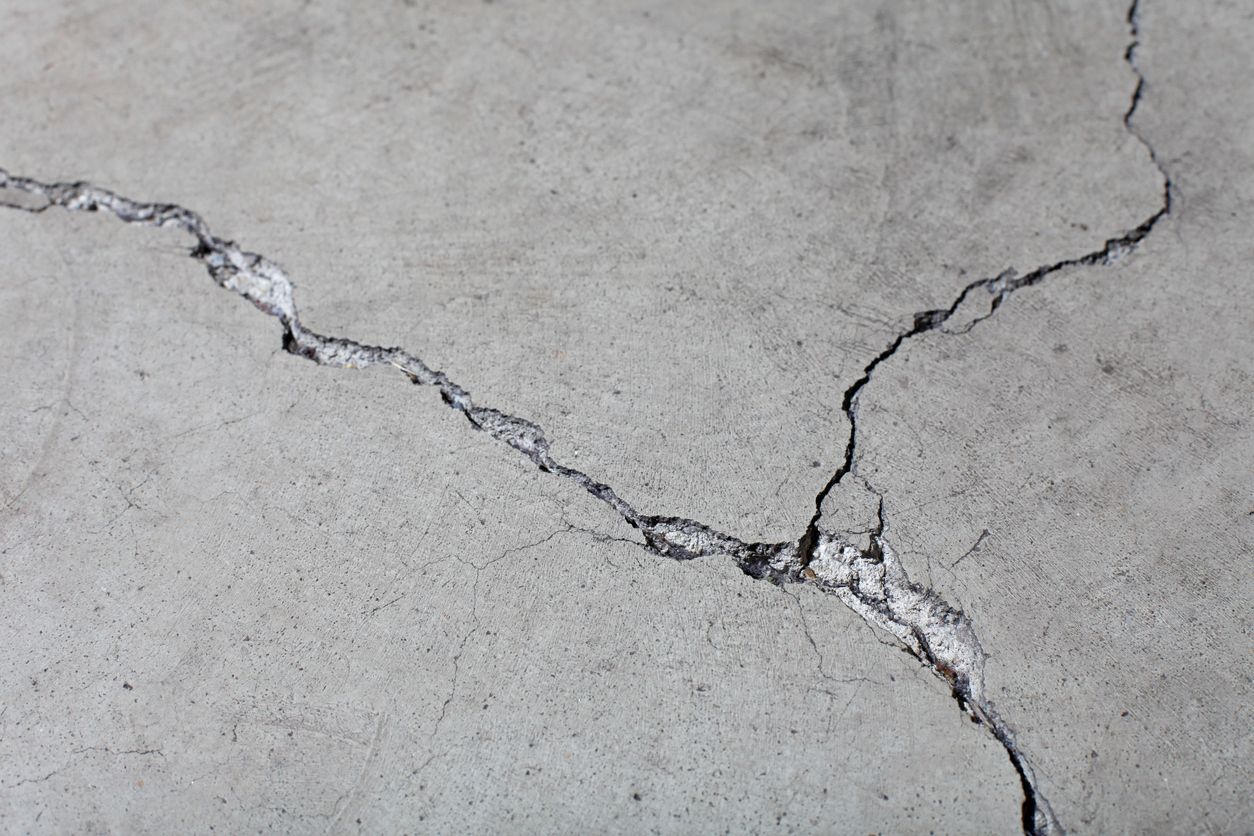
Identifying Foundation Problems
Signs of Foundation Settlement
Recognizing the signs of settlement in your home's foundation early can save you from costly repairs down the line. Here are some key indicators that your foundation might be settling:
- Cracks in walls, floors, or ceilings: Look for small or large cracks that appear suddenly.
- Doors or windows that are difficult to open or close: This can indicate that the frame is no longer square due to foundation movement.
- Gaps in trim work or cracks in drywall: These can appear when the foundation shifts and puts stress on the interior walls.
- Uneven floors or sagging floors: If your floors are no longer level, it could be a sign of foundation settlement affecting the support structure.
How to Identify Horizontal Cracks
Horizontal cracks in your foundation walls can indicate serious issues that need prompt attention. Here’s how to identify these problematic cracks:
- Look for cracks wider than 1/4 inch: These are typically more severe and require professional evaluation.
- Check for signs of water damage: Moisture can weaken the foundation and contribute to horizontal cracking.
- Notice any bowing or bulging walls: This often accompanies horizontal cracks and signals significant structural issues.
- Horizontal cracks can indicate foundation failure: If not addressed quickly, these cracks can lead to more extensive damage.
Diagnosing Foundation Issues
Assessing Foundation Cracks
When assessing foundation cracks, it's important to examine their characteristics closely to determine the type of crack you're dealing with. Minor vertical hairline cracks, for instance, may not require professional intervention if no other signs point to significant damage. However, it's crucial to monitor these cracks to see if they spread or worsen over time. Keeping a close eye on any changes will help you decide if and when to seek professional help, ensuring your foundation remains solid and secure.
Determining the Severity of the Issue
To determine the severity of foundation cracks, start by identifying their cause, whether it’s soil settlement, poor construction, or environmental factors like moisture and temperature changes. Next, assess the crack’s width, length, and location; more comprehensive, longer cracks or those in critical areas may signal more serious problems. By carefully evaluating these factors, you can decide if professional intervention is necessary to prevent further damage and maintain your home’s structural integrity.
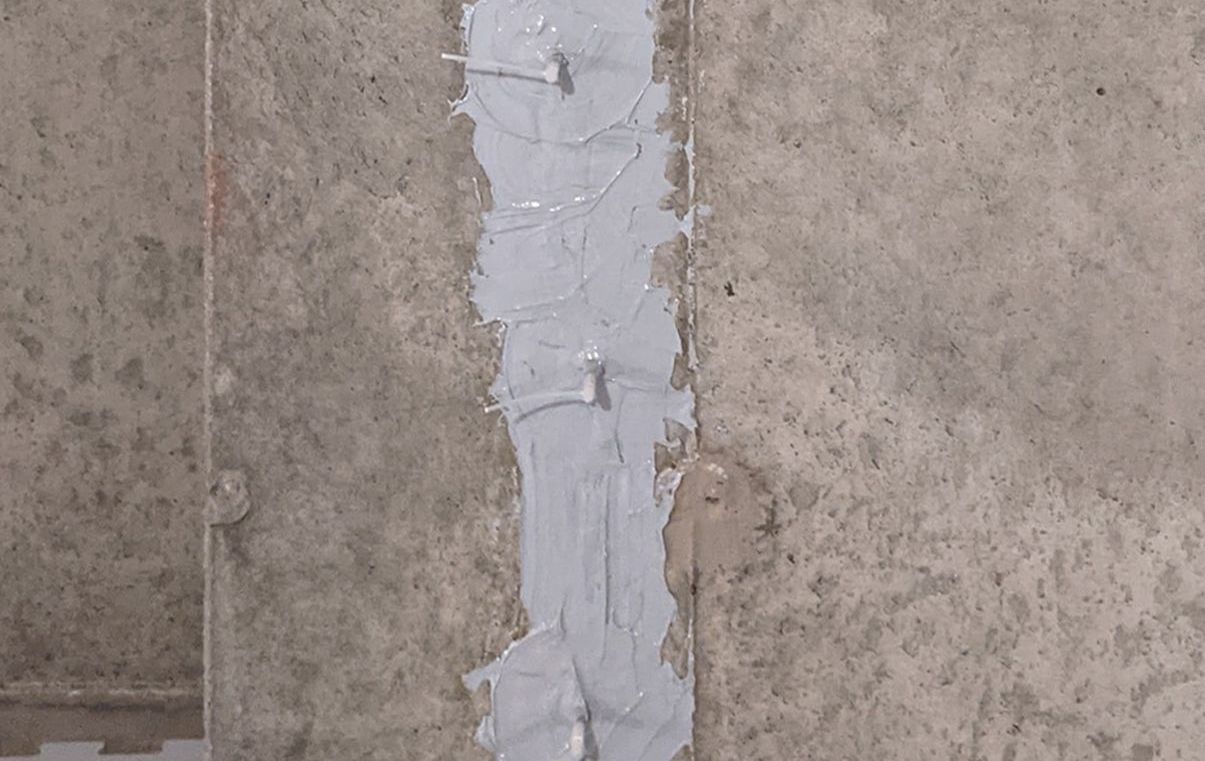
Foundation Repair Methods
Permanent Foundation Repairs
Steel Piers and Helical Piers
Steel piers and helical piers offer long-term solutions to stabilize a foundation effectively. These galvanized steel posts are driven deep into the ground until they reach bedrock or compact soil, ensuring a stable and secure foundation. Capable of carrying massive amounts of weight, these piers work well in almost any upper soil condition, making them a reliable option for addressing severe foundation issues and providing peace of mind for homeowners.
Concrete Piles and Poured Concrete Piers
Concrete piles and poured concrete piers are cost-effective alternatives to steel piers, providing reliable foundation support without breaking the bank. These blocks or cylinders of pre-cured concrete are driven or placed below the foundation into compacted soil, ensuring stability. Suitable for many soil conditions, these supports may resemble simple cylinders or feature a bell shape at the bottom, enhancing their load-bearing capacity and offering a practical solution for homeowners seeking dependable foundation repair options.
Minor Foundation Adjustments
Slab Jacking and Shimming
Slab jacking and shimming provide effective solutions for addressing sagging foundations. Slab jacking involves drilling holes in an existing slab and injecting a concrete slurry or dense polyurethane foam beneath the failing section, lifting it back into place. Shimming, on the other hand, involves filling gaps between the foundation and the rest of the home’s structure with steel shims, ensuring stability. Both methods can offer a permanent fix, especially if the home’s slab foundation rests on sufficiently compacted soil, helping to restore your home’s structural integrity.
Sealing Cracks
After significant foundation repairs, professionals typically seal any remaining cracks to prevent water intrusion. Using hydraulic cement, polyurethane foam, or other sealants, they ensure that groundwater and rainfall are kept out of the basement or crawlspace. This step is crucial, especially if you plan to finish your basement, as it helps keep the new walls dry and maintains the overall health of your home.
Repairing Foundation Cracks
Repairing Vertical or Diagonal Cracks
Vertical or diagonal cracks in the foundation wall often result from settling in the concrete foundation. Typically found in the middle section of walls and measuring less than 1/8 of an inch wide, these cracks can be effectively repaired using epoxy injections or hydraulic cement patches. Addressing these cracks promptly helps maintain the structural integrity of your home and prevents further issues.
Repairing Horizontal Cracks
Horizontal cracks in foundation walls often signal serious problems, such as hydrostatic pressure from outside the walls. These cracks require professional attention and can necessitate extensive repairs. While epoxy injections or hydraulic cement patches can sometimes fix the issue, more invasive repairs might be needed to ensure the stability and safety of your home’s foundation.Cost and Considerations
Factors Affecting the Cost of Foundation Repair
The cost of foundation repair can vary significantly based on several factors:
- Type of foundation repair needed: Some methods are more labor-intensive and expensive than others.
- Severity of the issue: More extensive damage requires more extensive and costly repairs.
- Home size and accessibility: Larger homes or those with limited access may incur higher repair costs.
- Soil stability and foundation settlement: The complexity and cost of repairs can be influenced by the stability of the soil and the degree of foundation settlement.
Each of these factors contributes to the overall expense, making it important to get a thorough assessment from a professional to understand the specific needs of your home.
Average Cost of Foundation Repair
The average cost of foundation repair is around $4,500, with typical expenses ranging from $2,000 to $7,500. Homeowners can generally expect to pay between $350 to $4,000 per crack for professional repairs, depending on the severity and type of crack. These costs can vary widely based on the specific needs of your home and the extent of the damage.

DIY vs. Professional Foundation Repair
Can You Repair Your Foundation Yourself?
Most foundation repairs require professional expertise and specialized equipment. While small, vertical cracks might be manageable with epoxy by a diligent homeowner, larger cracks and more severe issues typically need professional attention to ensure the repairs are done correctly and safely.
Benefits of Professional Foundation Repair
Consulting a professional contractor for foundation repairs comes with numerous advantages:
- Range of solutions: Professional companies offer various repair methods, including helical piers and carbon fiber wall reinforcement.
- Expert assessment: A structural engineer can evaluate the damage and recommend the most effective course of action.
- Prevent further damage: Professional repairs help to halt additional deterioration of your foundation.
- Improve safety: Ensuring your foundation is stable enhances the overall safety of your home.
- Increase home value: Proper foundation repair can boost the value of your property.
These benefits provide peace of mind, knowing your home is in good hands and its structural integrity is being maintained.
Preventing Future Foundation Issues
Soil Report and Structural Engineer Report
Obtaining a soil report and a structural engineer report can be crucial for addressing foundation issues effectively. A soil report, typically costing between $500 and $3,000, is often required for new construction to understand the soil conditions and prevent future problems. On the other hand, a structural engineer report, which can range from $300 to $1,500, is usually necessary for diagnosing and resolving more severe foundation problems. Both reports are invaluable as they help identify the root cause of foundation issues and recommend appropriate solutions.
Preventive Measures to Avoid Foundation Cracks
Taking preventive measures can help avoid foundation cracks and ensure your home remains structurally sound:
- Ensure proper drainage and landscaping around the home: Good drainage and well-planned landscaping can prevent water from pooling around your foundation, reducing the risk of cracks.
- Monitor the home’s foundation for signs of cracks or settlement: Regularly check your foundation for any signs of cracks or uneven settling.
- Address any issues promptly: If you notice any problems, take action immediately to prevent further damage and more costly repairs.
These steps can help maintain the integrity of your home’s foundation and avoid major issues down the line.
Contact The Basement Ace for Expert Foundation Repair
If you're experiencing foundation issues, don't wait until the problem worsens. Contact The Basement Ace for professional and reliable foundation repair services. Our experienced team is ready to assess your situation, provide expert solutions, and ensure your home remains safe and stable. Call us today at 1-800-742-2393, and let us help you protect your home.
